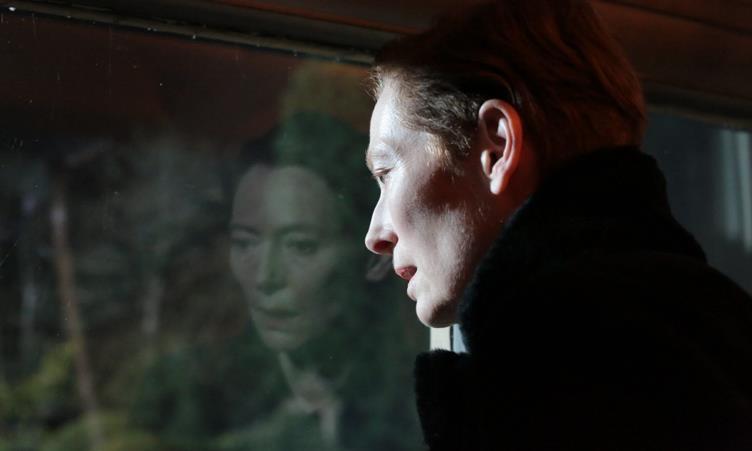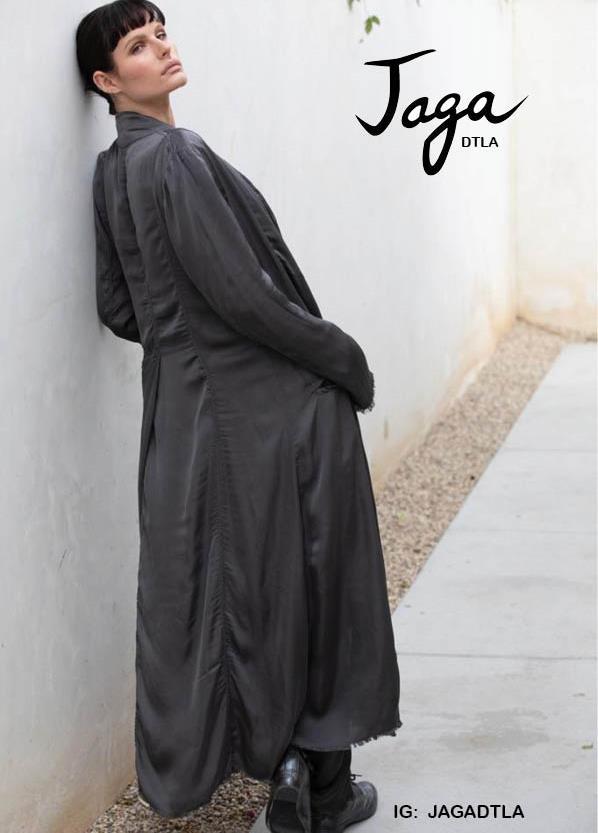International Film Festival Rotterdam






include the welcome presence of Danish screen icon Zlatko Buric (Pusher, Triangle of Sadness) and a lyrical screenplay by Norwegian Eskil Vogt, who was Oscar-nominated for co-scripting Joachim Trier’s much-loved The Worst Person in the World (2021). Vogt is also a writer-director in his own right, earning warm reviews for his excellent supernatural thriller The Innocents (2021).

VERDICT: A young Danish woman mysteriously vanishes in director Martin Skovbjerg's smart, stylish blend of sensual romantic drama and brooding suspense thriller. Stephen Dalton, January 30, 2023


A troubled young man consents to being held virtual prisoner and subjected to daily interrogation about his missing girlfriend in Danish director Martin Skovbjerg’s stylish second feature Copenhagen Does Not Exist. Adapted from Terje Larsen’s 1998 novel Sander, this cryptic psychological thriller borrows the moody, fatalistic grammar of Scandinavian crime
World premiering in Rotterdam film festival this week, Copenhagen Does Not Exist is a classy and compelling work, even if it sometimes feels a little too pompously glum and over-styled. Sumptuous visuals, genre-friendly suspense elements and the healthy global fanbase for Nordic Noir thrillers should all boost theatrical prospects. For Scandi screen buffs, other draws
The narrative chronology of Copenhagen Does Not Exist is purposely jumbled, repeatedly rewinding to its starting point: a chance meeting in a Copenhagen bookshop between two wounded souls. Angela Bundalovic (currently starring in Nicolas Winding Refn’s bloody Netflix series Copenhagen Cowboy) plays saucer-eyed, dimple-cheeked beauty Ida, her deep psychological scars just discernible behind her dancer’s poise and enigmatic Mona Lisa smile. Sander (Jonas Holst Schmidt) is young, handsome, intense and emotionally raw from a recent bereavement. Their awkward flirtation soon blossoms into the (Continues page 4)
VERDICT: A cynical private detective becomes enthralled by a woman he is been paid to surveil in this unconventional and tender tale based on Juan Saenz Valiente’s graphic novel.
Ben Nicholson, January 30, 2023
Adapted from a 2015 graphic novel of the same name by Juan Saenz Valiente, Southern Storm begins as a blend of familiar modes – South American social realism, a detective story –but keeps its audience off balance with both its narrative and tone. Making their first foray into fiction after a couple of documentary collaborations (Carack de nacar (2013), The Exact Shape of the Islands (2014)), directors Daniel Casabe and Edgardo Dieleke dexterously navigate the waters of this strange and ultimately uplifting mystery. Set in a humid but lonely Buenos Aires and the rising tides of the Rio de la Plata Delta this is part-procedural, partmetamorphosis.

There is hardly a better way to succinctly sum up the film’s protagonist, Jorge Villafanez (Juan Carrasco), than with the moniker this gumshoe goes by; ‘The Hound.’ While business seems to be going well, life is perhaps less fulfilling for Jorge. He spends his days pounding the streets of the city, allowing naive
individuals that are too keen to talk to inadvertently spill the dirt on those he’s been tasked with researching. The work is unrewarding – and as he skewers an array of job applicants for their petty past mistakes, fairly mean-spirited – but he’s clearly good at it, and in demand. He has few friends, though, and spends his evenings alone in a cramped apartment, working on a case before staring out into the unfeeling city. However, when The Hound is set on the trail of an attractive dance choreographer by her suspicious husband, things begin to change.
Although the premise of a private detective becoming enamoured of a mark might conjure images of Hitchcock’s Vertigo, the direction that Southern Storm takes is one at once more

offbeat but also considerably less oneiric. In observing Elvira (Katja Alemann) both at work, where she directs contemporary dance for a forthcoming retrospective, and privately, where she is clearly forlorn, Jorge intuits some form of connection between them. Casabe and Dieleke have crafted a work that, in its early stages, brims with an ambience of urban isolation. Jorge, in particular, lives a life full of social interaction, but he remains inarguably lonely. It is no coincidence that when the action broadens to the delta, and Jorge follows Elvira out to a ramshackle house on the riverbank there, the potential for a new way of being begins to coalesce in his mind.
Part of this sensation is achieved through dream sequences in (Continues next page)
kind of sexually charged, all-consuming obsession that only really happens in films. Viewers knows this, of course, but we go along for the ride, urging these star-crossed lovers onwards into ever more stormy waters.
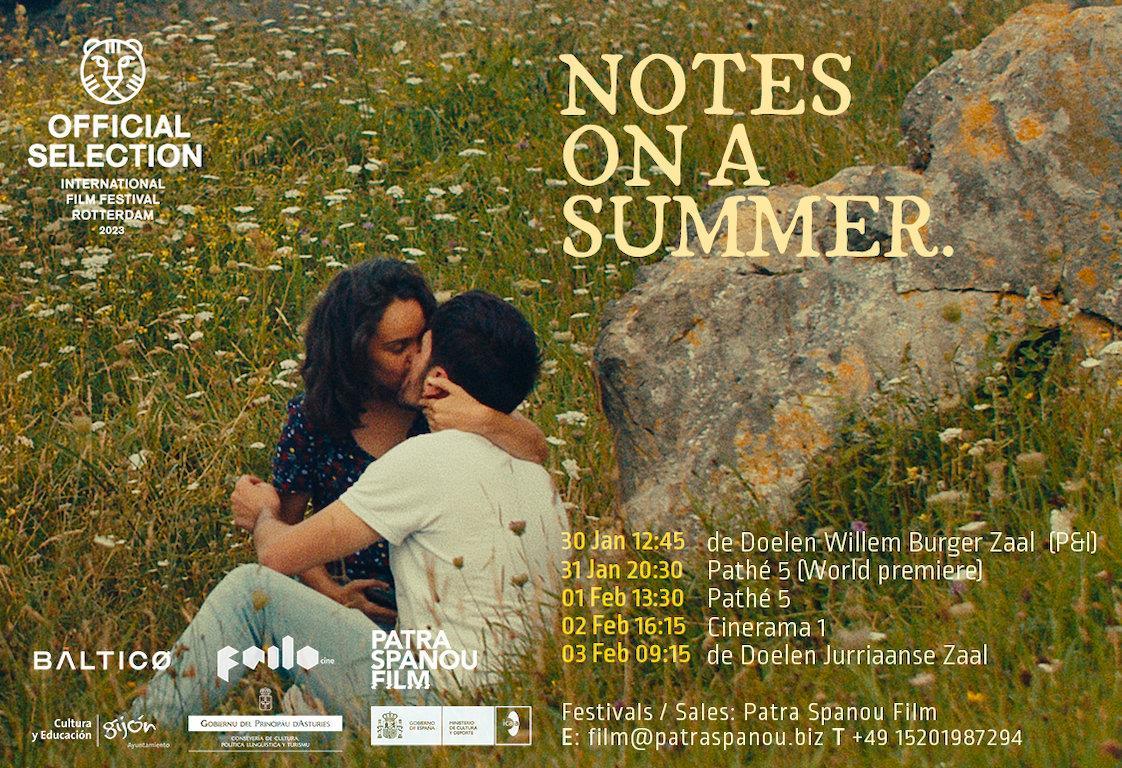
As aspiring writer with no apparent ties, Sander moves into Ida’s apartment and takes root there. His first awkward encounter with Ida’s overbearing father Porath (Buric) and brother Viktor (Vilmer Trier Brøgger) is charged with doomy portent. “It’s good somebody is keeping an eye on her,” Viktor says ominously. But as the relationship deepens, the pair become virtual recluses, gradually severing all ties with family and friends. It seems Ida is seeking a dramatic escape from painful past traumas, and believes he has finally found a suitable accomplice. “What we have is greater than love,” she tells Sander. And then she vanishes.
After Ida disappears, a devastated Sander agrees to be interrogated on video by an increasingly menacing Porath, Full Review
which Jorge’s state of mind is made manifest and which are something brought over from the original comic. In an early one, the pavement of the street opens up and Jorge is swallowed by it. After he starts to tail Elvira, she appears in his dreams; in one such vision, the two of them are ensnared by tree branches, in a sequence reminiscent of Elvira’s dance routines, until Jorge realises that the branches are his own limbs as he towers over her. Whether this apparent empathy and conscience that he is developing, displayed through these surreal asides, will be enough to stop Jorge from reporting back to Elvira’s estranged husband is another matter entirely. Carrasco is absolutely fantastic in the lead role, imbuing Jorge with the same weathered brusqueness and hard-headed apathy that leap out from the pages of the source material. However, this role is one that requires him to begin to shatter that veneer, to the point of performing imagined dance routines beneath a spotlight, while subsequently pulling things back down to earth in an instant. Full Review

VERDICT: A street dance craze becomes a way of life for kids live-streaming from the social margins, in this psychedelic celebration of self-expression.
Carmen Gray, January 29, 2023
Gaga Dance has become a whole way of life for the disenfranchised kids on the social margins who have embraced it, in Chinese filmmaker Yuhan Teng’s wild feature debut Gagaland, screening in the Tiger Competition at Rotterdam. The freestyle form of street dancing, whose practitioners break out moves

to whatever sound is around as shopkeepers look on skeptically from their doorways, has become a TikTok phenomenon, with big-name stars and rival houses. Psychedelic and hugely entertaining, this music-driven blizzard of rapid editing, split screen, and cosmic virtual backdrops takes boundless joy in the mindbending possibilities of digital-era wackiness. It is a bold celebration of creative self-expression as a way to rise above social oppression, as its tight-knit hive of Gaga enthusiasts use the money they earn from online subscribers to escape factory exploitation and homelessness. The frenetic and fluorescent, scrappily DIY onslaught may prove too dizzying for some fans of more classical cinema. But it has an underlying humane commitment to the dignity of the down and out, and is one of the more successful efforts to approximate networked life on-screen. It should find ample slots at festivals on the more formally adventurous side, and have no trouble finding its cult fanbase.
K.D. (Qian Jiannan) is a Mongolian migrant. He was working in a duck-down jacket factory, where he was bullied, until some homeless people helped him to get out of this grueling arrangement. Full Review
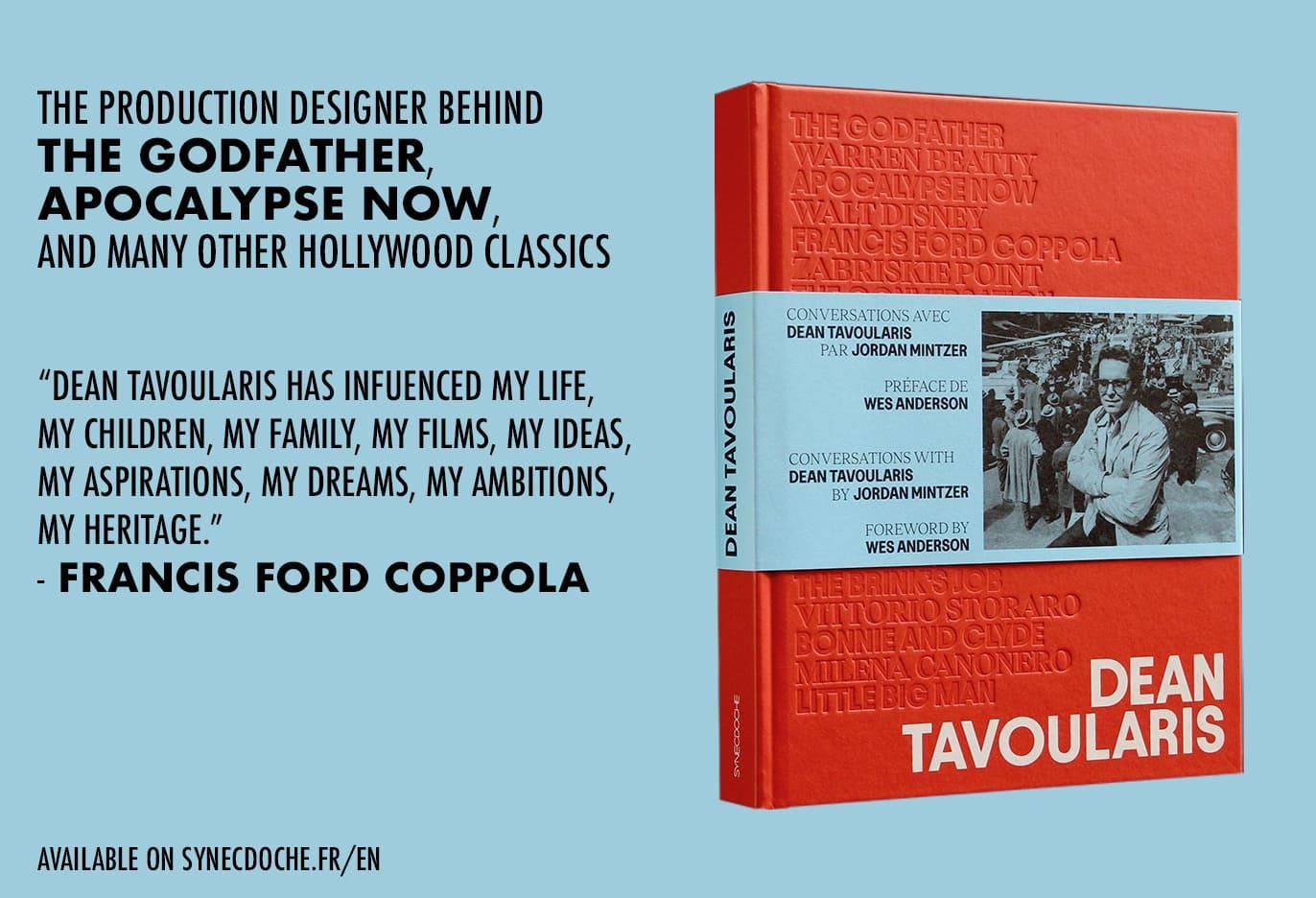
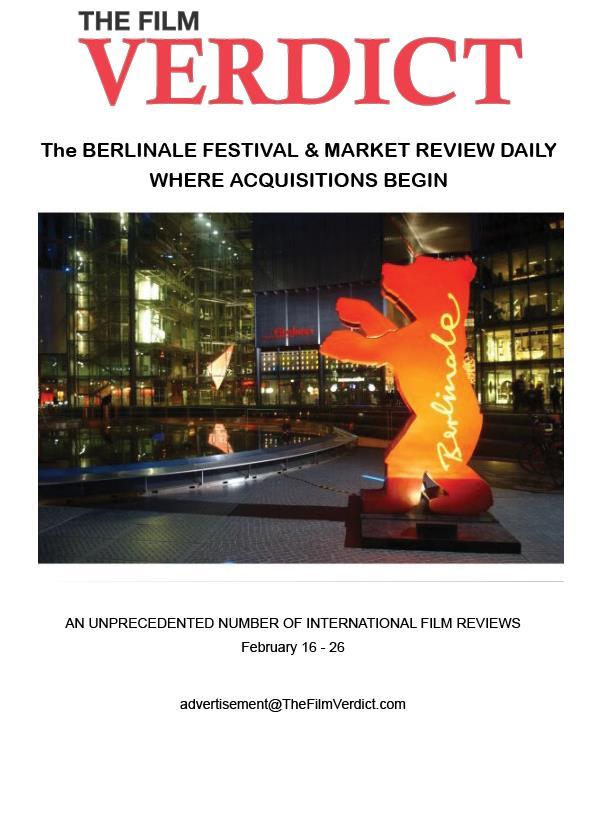
His passion for Gaga Dance is only matched by his infatuation with B-Girl (Mengli Zhu), a fellow shapethrower. He dreams of taking her back to Ulan Bator with him, and though she initially gives him the cold shoulder, a romance blossoms. They share a cramped bedroom with other Gaga dancers who have fled untenable situations, in the home of Pink Hair (Guo Donglin), an older dancer who has set himself up as a kingpin, giving the crew food and shelter in exchange for money he earns from their live-stream subscribers. A former barber, he left the army and the family business in favour of an alternative way of thriving outside the system. He styles the crew, giving them radical hairstyles and helping them find their eye-catching looks.
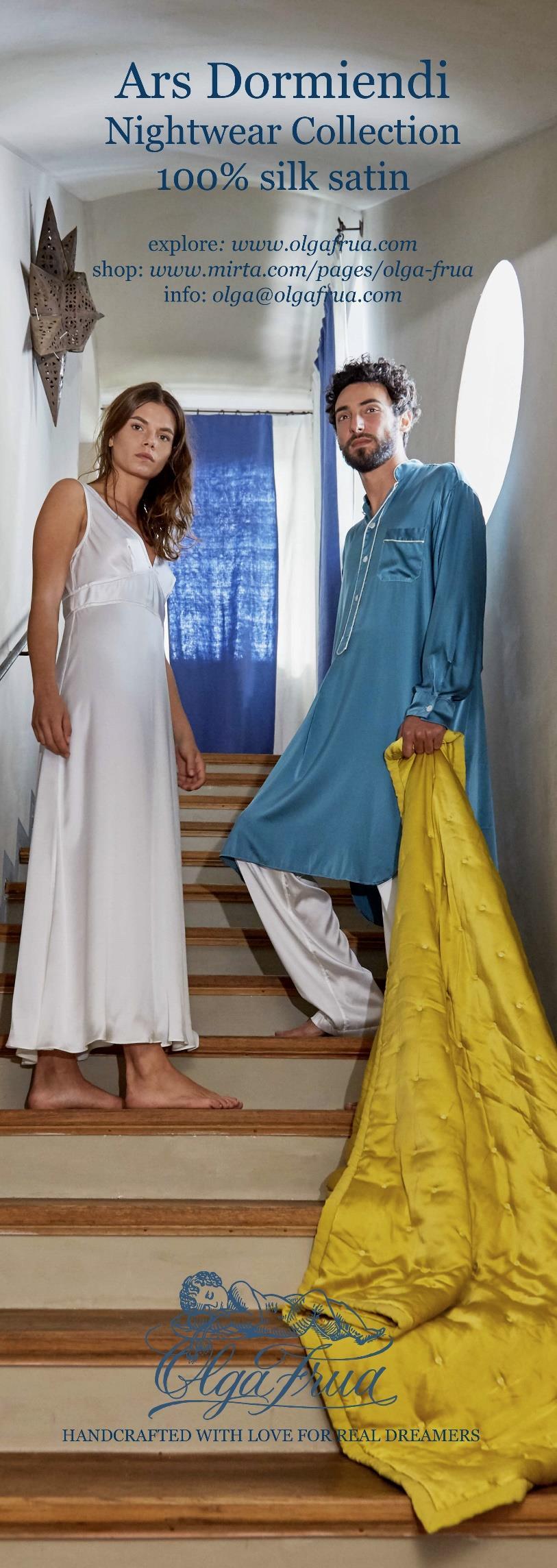
The dancers function as a pseudo-family, filling the void of emotional neglect they all felt growing up by caring for one another. The philosophy of Gaga is based on happiness, freedom and anticommercialism. If you’re in it for the money, you will never be truly Gaga. But tension rises, as K.D. bristles to see his increasing online popularity propping up Pink Hair’s lifestyle. Feeling used, he decides to go it alone. A rival of Pink Hair, whose main claim to fame is that he once shook hands with Barack Obama, tries to lure him over to his camp with promises to make him an internet super-celebrity through slicker packaging. A Gaga temple prophet condemns such self-serving ways, but this does not dampen the ruthless ambition around winning the upcoming Gaga championship. Full Review
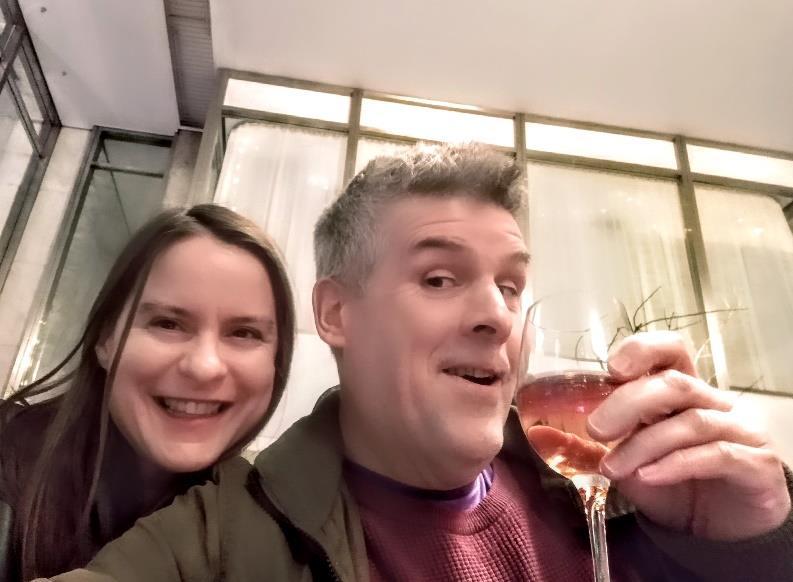

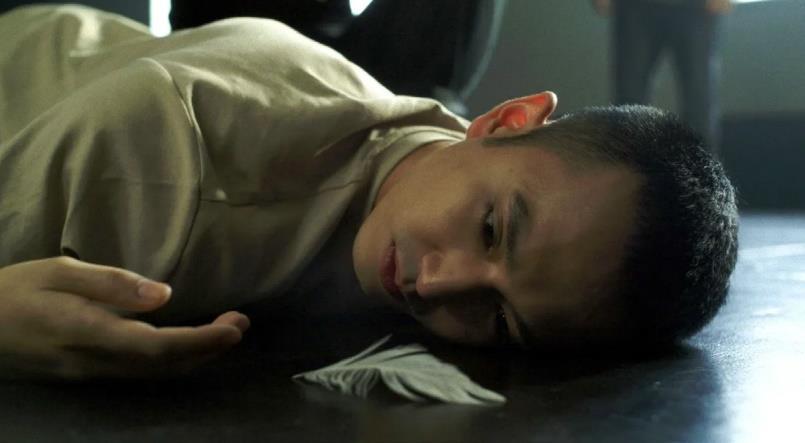
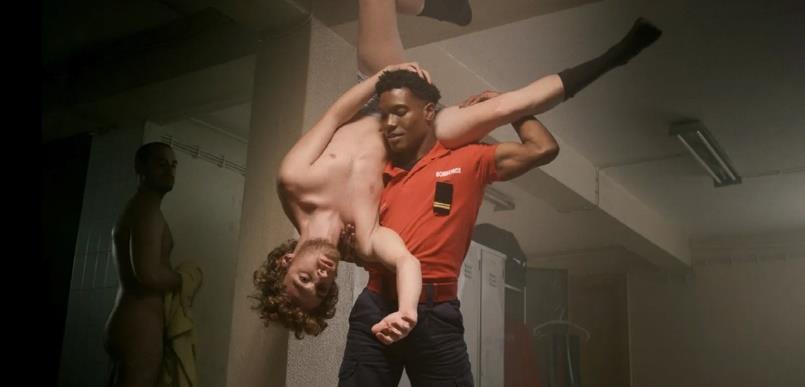
Tues, Jan 31 11:00 - 12:00, de Deolen Pro Hub
In its commitment to multidimensionality, the current state of queer cinema finds filmmakers freeing themselves from narrative constraints, documenting the quotidian every day, restaging queer history, reconfiguring genre and celebrating transgressive action and expression. The crossover potential for their films to be seen and iterated beyond the LGBTQ+ festival circuit also presents challenges: how can “commodifying the queer” occur without compromise? IFFR filmmakers, festival programmers and sales agents join us to discuss the themes and formal sensibilities in the work they make, curate and represent.
The panel will consist of Georden West (director, Play- land ), João Pedro Rodrigues (director, FogoFátuo ), Gema Arquero (producer, La amiga de mi amiga , Pol Merchan(festival programmer and director, El jardín de los faunos – Short & Mid-length), Heng Fai Hong (director, Kissing the Ground You Walked On) and Julien Razafindranalay (sales agent, Films Boutique). With contributions from festival programmers Yi Wang (Queer East Film Festival) and Bohdan Zhuk (Molodist Kyiv International Film Festival). Moderated by producer and curator Madeleine Molyneaux.
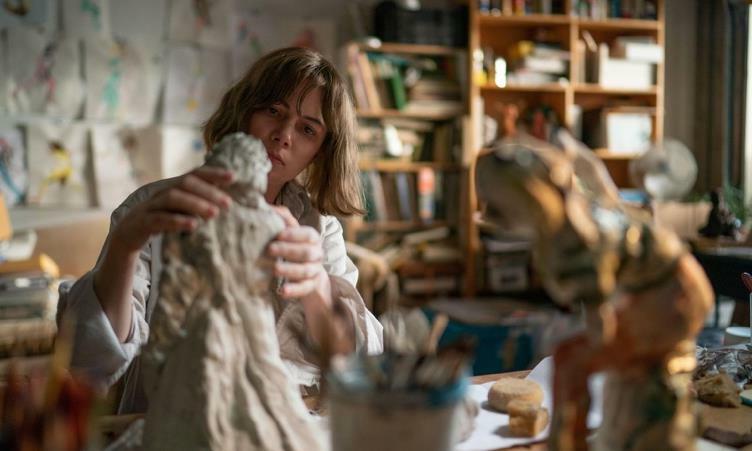
Kurak Günler
VERDICT: Emin Alper’s best film to date is a searing drama of corruption in a small Turkish town that deftly tackles populism, environmental destruction and, surprisingly, homophobia.
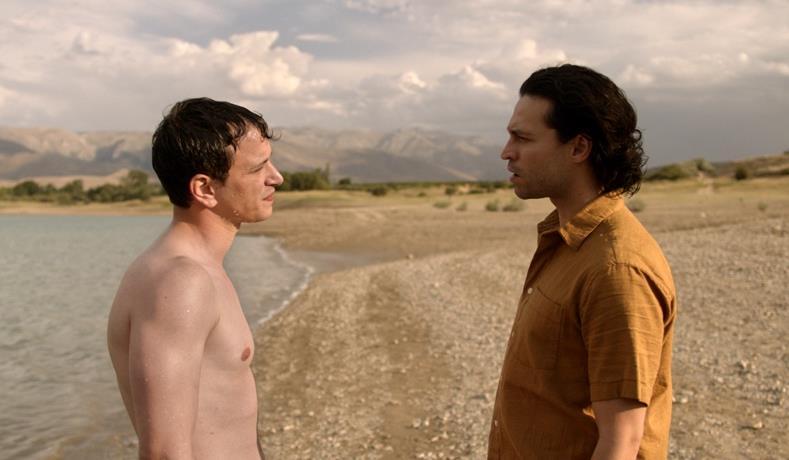
VERDICT: Palestine’s Oscar submission is an uneven story of a depressed man hoping to get his neighbor to bump him off, told in a vaguely black comedy manner.
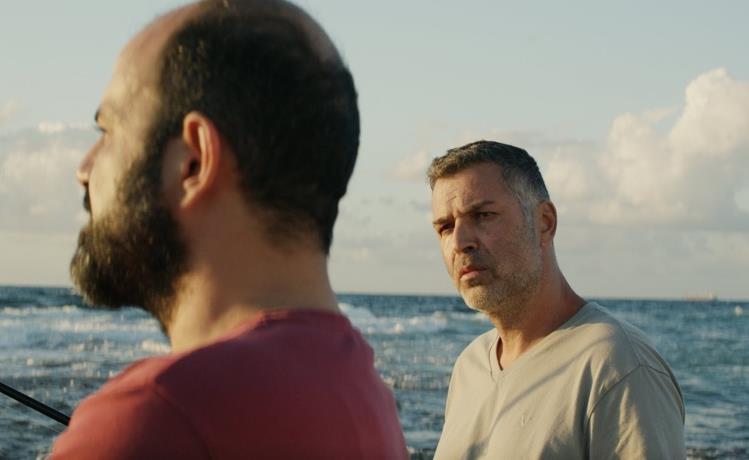
VERDICT: Michelle Williams reunites with feted indie writer-director Kelly Reichardt for this modest but moving portrait of frustrated artists and dysfunctional families.
The Eternal Daughter
VERDICT: Joanna Hogg’s latest exploration of mother-daughter relations sees Tilda Swinton playing both roles in an etiolated ghost story whose artificiality kills its characters despite Swinton’s admirable performances.
